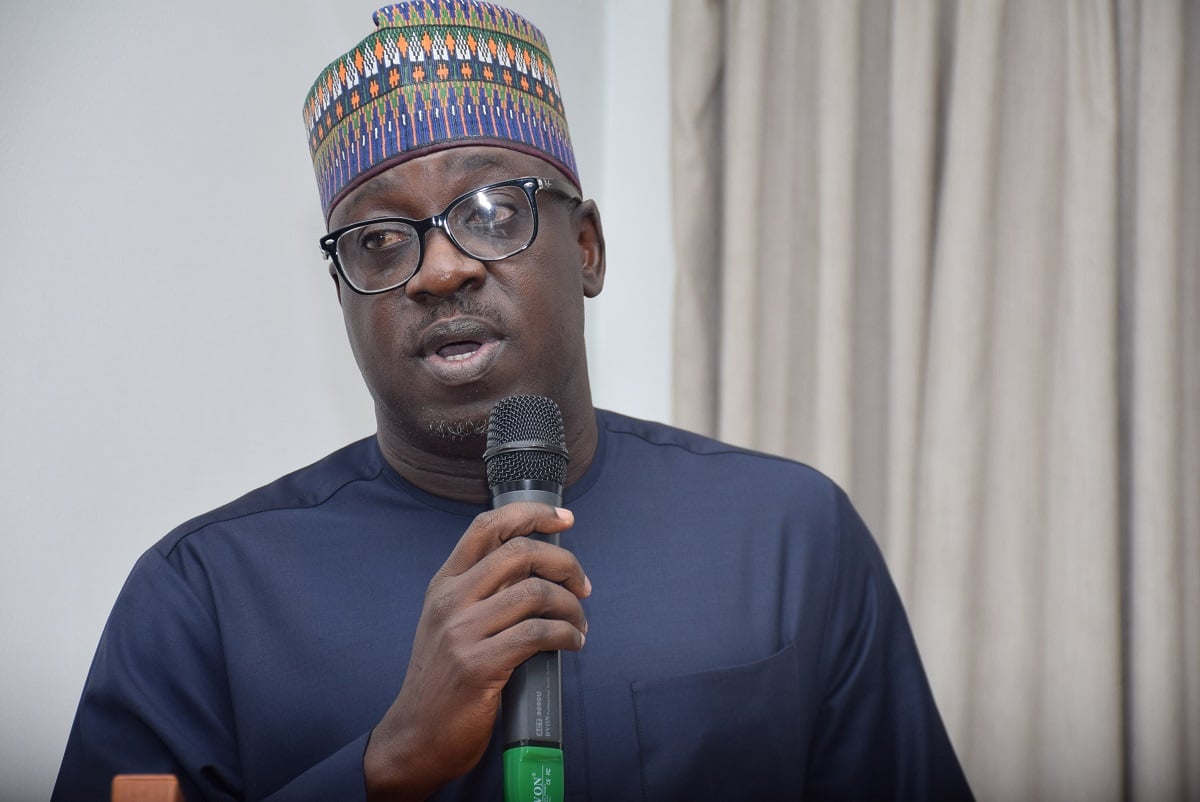Leading experts in reproductive health have called for a total overhaul of Nigeria’s approach to infertility care, urging an end to stigma, greater male involvement, and investment in affordable, accessible treatment for couples.
Speaking at the 10th Androscientific and Fertility Symposium held in Lagos, stakeholders drawn from the medical, academic, and policy communities unanimously declared that infertility is not a woman’s problem alone, but a shared burden requiring science, empathy, and systemic reform.
The event, themed “Bridging the Gap in Infertility Care: Innovations, Challenges, and the Role of Healthcare Professionals,” marked a decade of advocacy and learning by the Androscientific Association of Nigeria.
Speaking, the National President of Androscientific, Mr. Juade Samuel, said the time has come to reshape how Nigerians perceive and manage infertility.
“Infertility is not a curse or a stigma. It is a reproductive health condition that needs professional care, not shame. This symposium is both a celebration and a call to action to make care inclusive, innovative, and life-changing,” he said.
He stressed the importance of early intervention. “You don’t need to wait years. If you’ve been trying for three to six months without success, seek medical help. The solutions are there and faster than ever before.”
“Infertility care should not be a luxury,” said Samuel. “It should be a public health priority. Let’s stop pushing couples into silence and despair. Let’s build a system where hope is within reach.”
Also speaking, a Consultant Obstetrician and Gynaecologist at LAUTECH Teaching Hospital, Ogbomosho, Dr Muibat Adeniran, added that societal myths and poor awareness continue to hinder progress.
“Many people don’t know the real causes of infertility or where to seek help. Even worse, they often assume only women are to blame. But in reality, male factors contribute to about 30 percent of infertility cases.”
She called for premarital fertility screening for men. “If a man has fertility issues and the woman isn’t ready to stand with him emotionally and financially, perhaps marriage should wait. Infertility is not a gendered issue — it affects couples.”
READ ALSO: Foundation rallies stakeholders to tackle alarming surge in youth drug abuse
The LAUTECH expert also explained common but overlooked causes like untreated sexually transmitted infections leading to tubal damage.
“Some conditions may not respond to drugs and would require assisted reproductive techniques. The earlier the diagnosis, the better the outcome.”
On his part, Professor Kolawole Oyebiji, a fertility specialist and academic, urged government and stakeholders to close the wide gap between scientific advances and what is available to Nigerians.
“We have fertility innovations, but they’re not reaching the people who need them. Access is just as important as affordability. What’s the use of an affordable treatment if it’s 200km away and unavailable?”
Recalling a personal case, he said: “A woman once told me she drove into someone by accident after hearing she might never conceive. That’s the emotional toll we must address. Care must be brought closer — physically and psychologically.”
Oyebiji stressed the need for policies that treat infertility with the same urgency as HIV or cancer.
“We need youth-friendly services and early education on reproductive health. People must know their fertility status early. Education is the cheapest, most powerful intervention.”
Also, the Chairman of the symposium, Dr. Toyosi Raheem, noted that new approaches must be multi-disciplinary.
“There are significant gaps in knowledge and training. We must equip doctors, scientists, psychologists, and even pharmacists to better support people facing infertility,” he said.
He added that infertility stigma silences many. “Gone are the days when we believed there was no solution. Today, there are numerous medical, surgical, and psychological conditions. But people must come forward to access them.”
The experts also called on the government to establish dedicated fertility centres, just as general hospitals exist for other medical needs.
The participants pledged to intensify advocacy, build capacity among health workers, and promote inclusive policies that reflect the realities of infertility in Nigeria.












